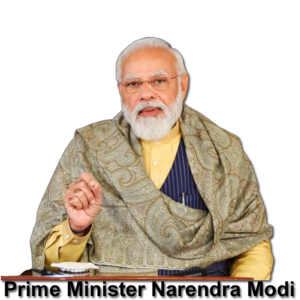Government approves continuation of export incentive scheme for apparel, garment till March 2026

Cabinet approves continuation of Scheme RoSCTL:
RoSCTL: The program went live in 2020. It was previously extended through March 2024. “The Union Cabinet chaired by Prime Minister Narendra Modi approved the continuation of the scheme for RoSCTL for export of apparel/garments and made-ups up to March 31, 2026,” the ministry stated in a statement.
The extension of the Scheme for Rebate of State and Central Taxes and Levies (RoSCTL) for the export of apparel/garments and made-ups until March 31, 2026, has been approved by the Union Cabinet, which is chaired by Prime Minister Shri Narendra Modi.
The goal of this two-year extension is to create a stable regulatory environment, which is essential for strategic trade planning, particularly in the textile industry where long-term deliveries of advanced orders are typical. A stable and predictable policy environment is ensured by the continuation of RoSCTL, which also promotes fairness and lowers taxation by operating under the tenet that “goods are exported and not subject to domestic taxes.”
The Union Cabinet had previously approved the extension until March 31, 2020, with a second extension until March 31, 2024. The current extension until March 31, 2026 is anticipated to improve the export competitiveness of the apparel and made-ups industries. This modification supports the zero-rated export principle by enabling cost-competitive pricing for Made-ups and clothing/garments. Products other than textiles that fall outside the purview of RoSCTL (Chapters 61, 62, and 63) are also eligible for benefits under RoDTEP.
The scheme’s main goal is to use refunds to offset State and Central taxes, levies, and the Duty Drawback Scheme for exports of clothing and made-up items. This strategy ensures fair competition in the worldwide export market by adhering to the widely recognized idea that taxes and tariffs shouldn’t be exported. The program pays back state taxes and levies, which include VAT on several components such as fuel, electricity, and agricultural operations. On the other hand, central taxes and levies are responsible for fuel excise duty and embedded CGST paid on inputs.
In the value-added and labor-intensive sectors of the textile value chain, RoSCTL has been essential in helping Indian exports become more competitive. The objective of extending the scheme’s implementation period by two years is to provide a solid policy framework that would cater to the textile industry’s long-term trade planning requirements.
Read More:
- Before the start of Parliament, the PM speaks to the media. 2024
- PM Narendra Modi: Azali Assoumani, Mahatma Gandhi, Satnam Singh Sandhu to Rajya Sabha. 4 News
- PM Modi pariksha pe charcha: PM engages with parents, teachers, and students.
This Cabinet decision is great news for the textiles sector, which is vital to India's economic growth. It will significantly enhance the competitiveness of Indian products and boost exports. https://t.co/Xtk44uxGIM https://t.co/g2hrjPNZ49
— Narendra Modi (@narendramodi) February 1, 2024
